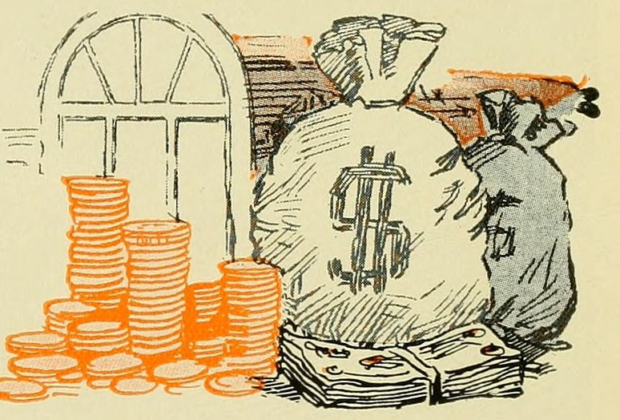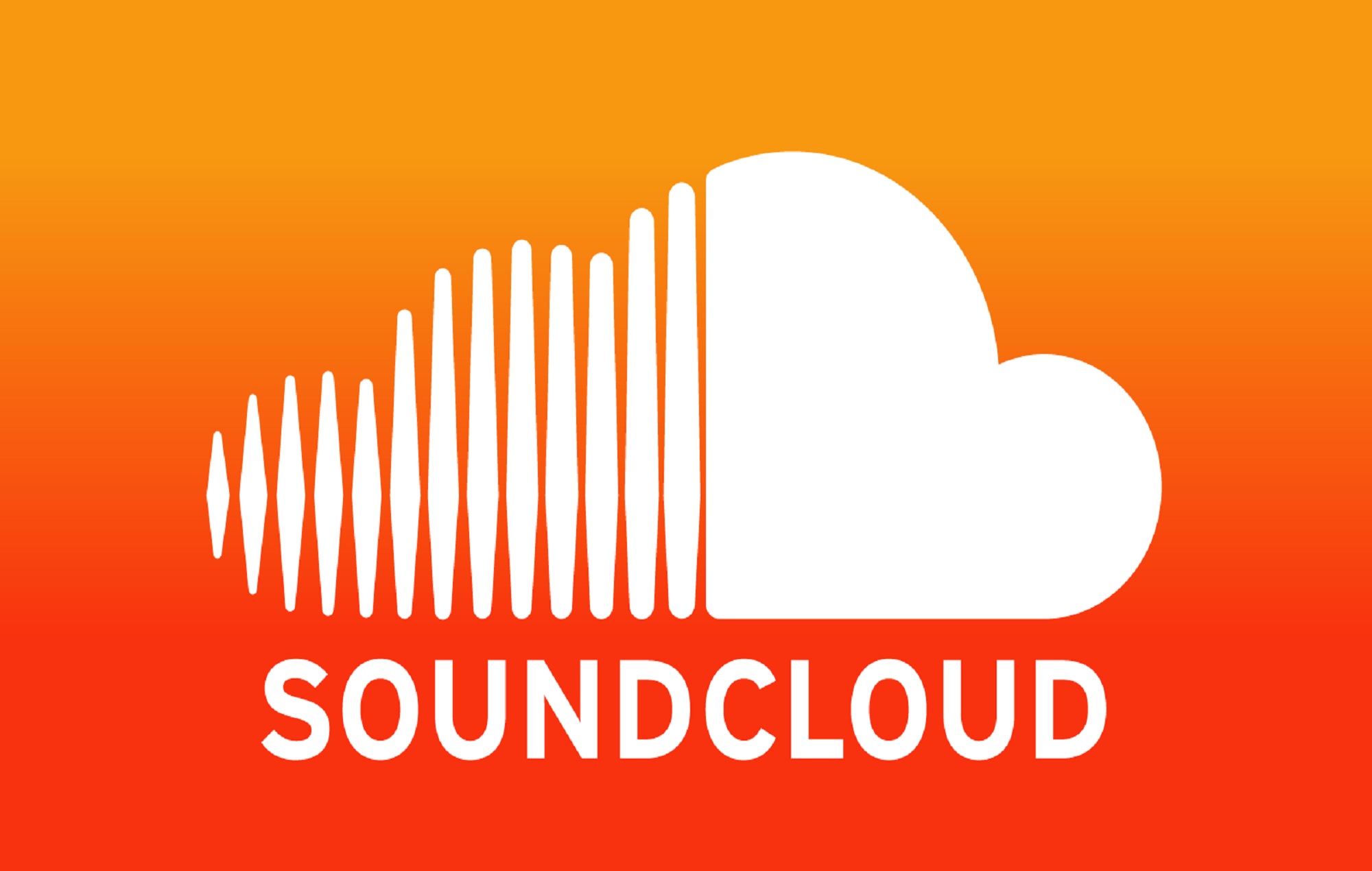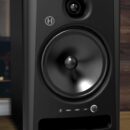There are tons of independent musicians who struggle with paying bills on time and building credit, and just as many artists who blow up and lose their fortunes in ten years. This is why all musicians need to know something about money management. Bobby Borg, co-author of Personal Finance for Musicians offers five key take-aways.
1. Income
Take advantage of all of the different ways you can monetize your music today while still pursuing your career as an artist, so you don’t have to bust your ass at some meaningless day job. There’s a lot of money to be made in licensing for film, TV and video games, selling beats, or creating functional music for meditational purposes. Not only do these gigs generate good money so that you can cover your bills until you one day hit it big, they are also flexible, so you can always put your artist career first.
2. Wants Versus Needs
When it comes to expenses, find a balance between what you want and what you really need. Wants are the expensive cars, rad apartments, and fancy restaurants every night. Needs are your more practical expenses. This is important because if you want to start saving some of that money you make to build your financial future—and you also want to start paying-off some of your high interest debts that you’ve been drowning in—then you need to get your expenses right.
3. Investing
The time to start investing is right now. If you’re keeping your income in a bank account that earns .01 percent interest, your money is decreasing in power on a daily basis, due to inflation. So, you need to get your money out of banks and invest it into something like an index mutual fund where you can potentially earn an average of 9 percent interest on the long-term. Index funds are also highly diversified (you’re investing in thousands of companies, not just one), which increases your odds for success. Just remember, long-term investing always beats short-term investing. Stay away from “get rich” strategies and people who claim that they can beat the market every time.
4. Limiting Beliefs
Musicians need to get rid of all of the barriers to personal finance, like “I don’t need to know this stuff, I’m just gonna blow up and just hire a team." But even if you do blow up, you never want to put your money in control of others without knowing what’s going on. Would you believe that NAS got sued by the IRS for 6.5 million dollars because the accountant thought the business manager was taking care of taxes, and the business manager thought the accountant was taking care of taxes. Personal finance is always your responsibility. There are no excuses. And finally…
5. CPA and CFP
This book provides a strong foundation to money management, but everyone’s personal situation is unique, so you at least want to meet with a certified public account and certified financial planner at least once to map out a plan for you. There are a tons of resources in the book for how to find and evaluate these professionals.
In closing, this book is everything you should have learned about personal finance in high school, but didn’t. It’s presented it a non-intimidating way specifically for musicians. So, I hope you’ll check it out. It’s on AMAZON and all fine book sellers.
–Bobby Borg
BOBBY BORG is a music industry professor at USC, author, and YouTuber at youtube.com/bobbyborg














